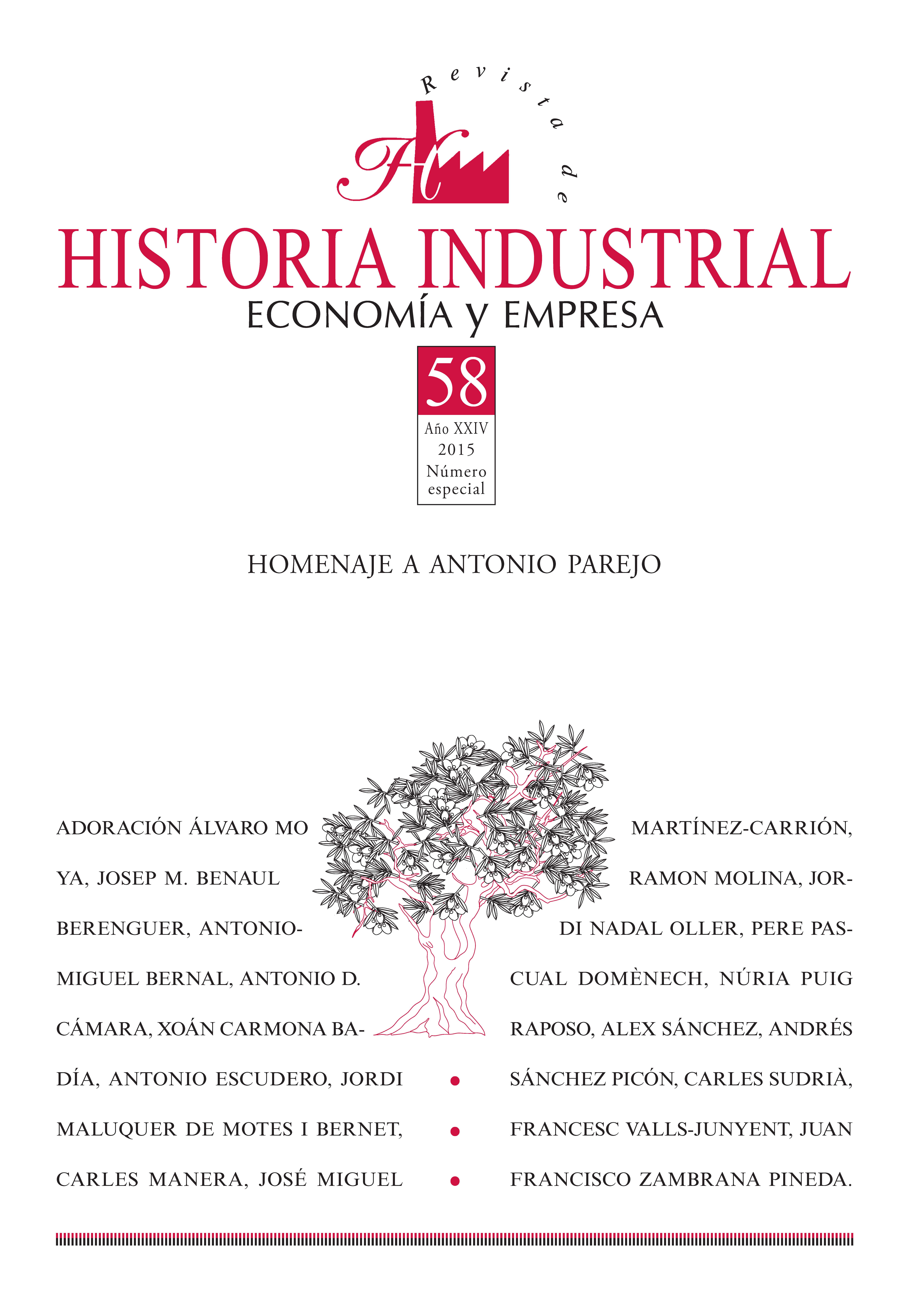Tracking the Effects of Foreign Investment in Spain: A comparative analysis
Keywords:
Foreign Investment, Economic Development, Business StrategiesAbstract
This article examines Foreign Direct Investment (FDI) long-term effects on host economies, focusing on the role played by the entry mode chosen by foreign investors and the local economic and institutional framework. It does so looking at the largest companies investing inSpain, a traditional net importer of capital, coming from the two leaders of the Second Industrial Revolution, Germany and the United States, between the late 19th century and 1975. We can observe that the entry mode chosen by the multinationals of both countries changed accordingly
with Spanish economic evolution, but, contrary to what happened in other European countries, strategic alliances were persistently pursued as a response to both economic nationalism and very active local entrepreneurship. We conclude that these alliances’ resilience not only explains the continuity of foreign investments in spite of increasing governmental restrictions, but also created a path of dependency which favoured fruitful interaction of foreign companies’ expatriates and local managers with Spanish professional and educational institutions.
Downloads
Downloads
Published
How to Cite
Issue
Section
License
Copyright (c) 2015 Adoración Álvaro Moya, Núria Puig RaposoWe have been applying a Creative Commons Attribution license (CC-BY) since 2019, before that year we had a partial open access policy, which included open access for the first two months after publication, followed by an embargo policy for non-subscribers, as access to the last 4 published issues was restricted to journal subscribers. In contrast, early-view articles were always open access prior to publication in an assigned volume. Until 2024 the access to the last 4 published numbers was restricted to those who were subscripted to the journal.
The author assigns all rights to the publisher. Creative Commons
The author who publishes in this journal agrees to the following terms:
- The author assigns all intellectual property rights exclusively to the publisher for the entire duration of the applicable intellectual property rights. The University of Barcelona holds the copyright ownership of the contents published in the journal.
- The publisher will distribute the texts under the Creative Commons Attribution License, which allows others to share the work, provided that they acknowledge the authorship, its initial publication in this journal, and the conditions of the license.





